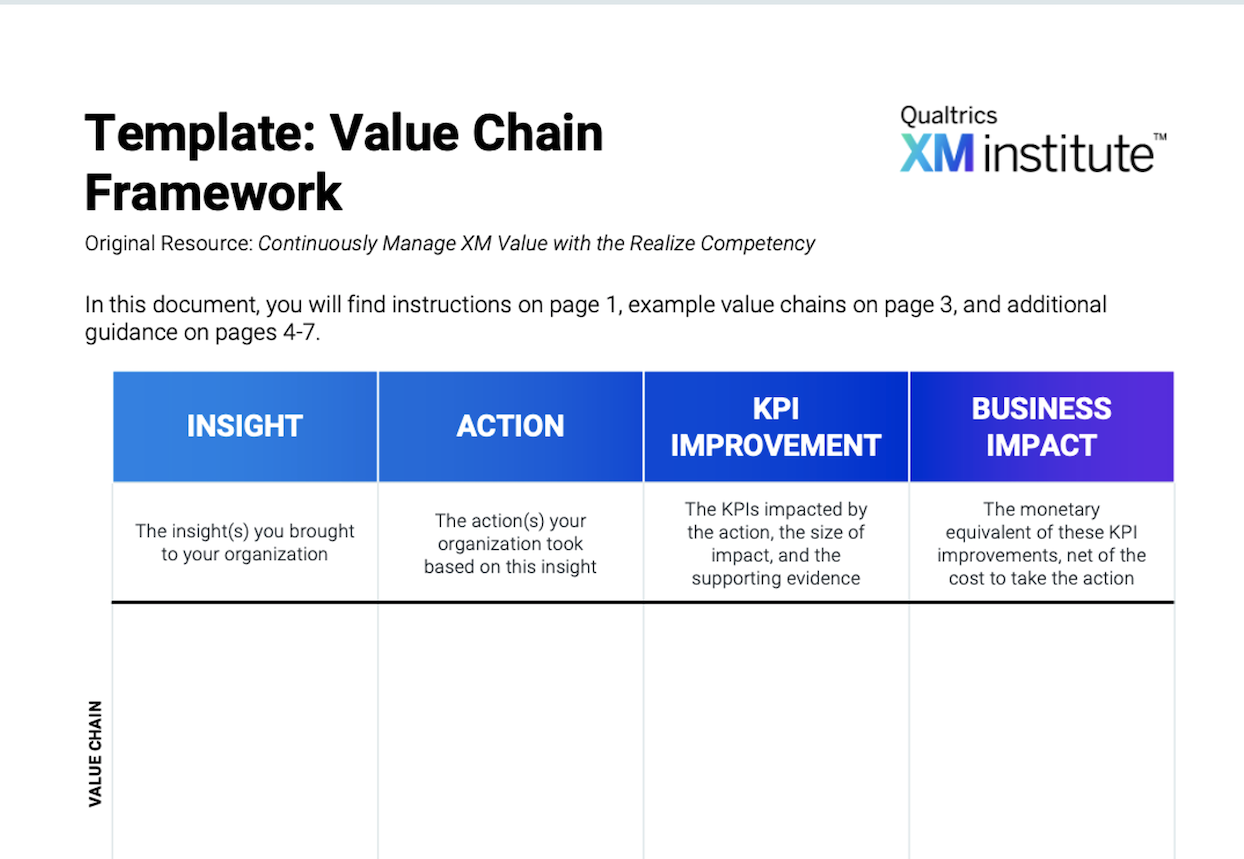Over the last few weeks, I’ve run into a couple of examples of a common problem with some Experience Management (XM) programs… “gaming.” Here’s what I found…
During dinner with a friend who is an executive at a large bank, our discussion made its way to XM (no surprise). He mentioned that his bank has an employee engagement study and that leaders are compensated based on the results.
Sounds like a good thing, right?
My friend then shared a conversation that his boss had with the leadership team. This senior executive told my friend and the rest of his direct reports that they needed to give him better ratings, because the current scores were negatively impacting his compensation.
Now for the second example. I’m a frequent flier, and regularly receive requests from airlines to provide feedback after a flight.
Sounds like a good thing, right?
During a recent trip on Delta, the flight attendant announced that we’d be receiving a survey and that she hopes they exceeded our expectations and will give them a 5 (see note about Delta below).
Do these two situations sound like a path to better employee experience (EX) or customer experience (CX)? Of course not! Both of these examples represent inappropriate behaviors. Whenever a person is pressured to give a specific score, the integrity of the measurement system is broken. We call this type of behavior “gaming the system.”
Gaming is a common problem. It happens when an organization puts too much emphasis on specific measurements — at the expense of the overall XM program.
The goal of XM is not to achieve some number, but to create a discipline to continuously learn, propagate insights, and rapidly adapt. This enables an organization to consistently deliver experiences that meet the needs of its key audiences. When an organization overly focuses on a number, often by attaching strong incentives to individuals based on the data, the system is bound to create these types of counter-productive “gaming” behaviors.
To help discourage this type of behavior, consider adopting these five rules to stop employees from gaming that I’ve described in a previous post:
- Don’t mention or refer to a score
- Don’t mention specific survey questions
- Don’t mention any consequences
- Don’t say or imply that you will see their responses
- Don’t intimidate customers (or employees) in any way
The bottom line: Make sure you’re not encouraging gaming behaviors.
Note: I regularly fly with Delta and this is the only time that I’ve run into this type of gaming behavior.





